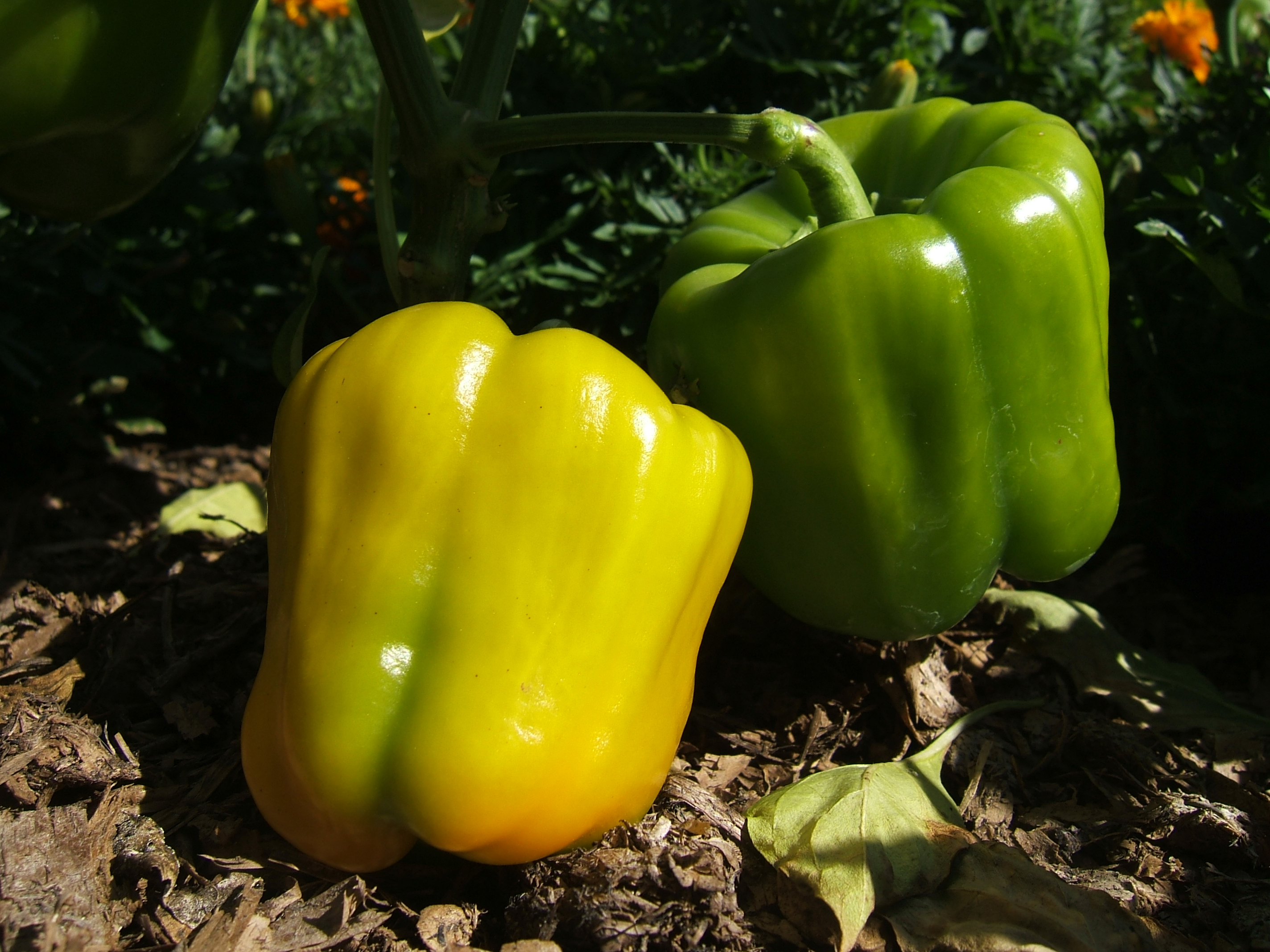Best Fertilizers for Peppers: Optimize Plant Health and Return
Best Fertilizers for Peppers: Optimize Plant Health and Return
Blog Article
Organic Vs. Synthetic Fertilizers: Which Is Best for Supporting Healthy And Balanced Pepper Plants?
In the realm of supporting healthy and balanced pepper plants, the option between artificial and organic plant foods stands as a crucial decision with far-reaching implications. While both alternatives goal to offer important nutrients to sustain plant development, the nuances of their influence on the soil, plant health and wellness, and the environment trigger a dispute that echoes throughout the horticulture neighborhood. Recognizing the unique advantages and possible risks of each fertilizer type is essential for pepper growers seeking to maximize their yields while keeping a lasting and eco-conscious strategy.
Benefits of Organic Plant Foods
Organic fertilizers supply a sustainable and environmentally-friendly method to beneficial pepper plants, offering essential nutrients without the usage of synthetic chemicals. These natural plant foods are obtained from natural sources such as compost, manure, bone meal, and algae, promoting soil wellness and biodiversity. Unlike synthetic plant foods, natural options launch nutrients gradually, making sure a steady and well balanced supply for pepper plants to grow.
One significant advantage of natural fertilizers is their capability to boost dirt structure and water retention. By improving soil wellness, organic fertilizers promote valuable microbial activity, which helps in nutrient uptake by pepper plants. In addition, natural fertilizers decrease the danger of chemical run-off, safeguarding water sources from contamination and safeguarding the setting.
Moreover, natural plant foods add to long-lasting soil fertility by promoting the growth of valuable dirt organisms. These organisms help break down raw material, releasing nutrients in a form that is easily available to pepper plants. best fertilizers for peppers. By promoting a healthy soil environment, natural plant foods sustain lasting pepper growing practices that benefit both plants and the environment
Drawbacks of Synthetic Fertilizers
Synthetic plant foods, in comparison to their natural equivalents, posture numerous disadvantages when used to nourish pepper plants, impacting both plant health and ecological sustainability. One significant downside of artificial fertilizers is their tendency to seep nutrients from the dirt promptly. This quick leaching can bring about vitamins and mineral inequalities in the soil, triggering plants to struggle with deficiencies or poisonings. Additionally, artificial fertilizers can harm beneficial dirt microorganisms, such as earthworms and useful bacteria, disrupting the dirt environment's balance.
In addition, the overuse of synthetic fertilizers can add to water pollution. Excess plant foods not soaked up by plants can get rid of into water bodies, resulting in eutrophication, where algae blooms diminish oxygen degrees in the water, hurting marine life. Artificial fertilizers are generally obtained from non-renewable sources, such as fossil gas, adding to carbon exhausts and environmental degradation during their production.
Nutrient Absorption Contrast
Reliable nutrient absorption plays an essential duty in the overall health and wellness and development of pepper plants. When comparing artificial and organic fertilizers in regards to nutrient absorption, natural plant foods have the advantage of supplying an extra balanced and slow-release source of nutrients (best fertilizers for peppers). Organic fertilizers have a variety of macro and micronutrients that are not just advantageous for the plants however additionally advertise healthy soil microbial activity, which helps in nutrient uptake. On the various other hand, artificial plant foods try this out often supply a fast launch of nutrients, which can bring about leaching and runoff, leading to lower nutrient absorption rates by the plants.
Additionally, organic fertilizers enhance dirt framework and water retention ability, permitting pepper plants to accessibility nutrients extra successfully. This better dirt high quality assists in root development, making it possible for much better nutrient absorption. Artificial fertilizers, although initially boosting plant growth as a result of their high nutrient focus, may hinder long-term nutrient absorption by degrading dirt wellness gradually.
Environmental Impact Considerations

On the various other hand, artificial fertilizers, although usually more immediately offered and concentrated to plants, can wikipedia reference have destructive effects on the setting if not used properly (best fertilizers for peppers). Their manufacturing requires high energy inputs, leading to greenhouse gas discharges and adding to climate adjustment. Moreover, the overflow of excess artificial fertilizers can pollute water sources, causing eutrophication and damaging aquatic ecological communities.
Finest Plant Food Practices for Peppers
To attain this, it is crucial to adhere to ideal plant food methods customized to the particular needs of pepper plants. One essential practice is to perform a dirt examination before applying any plant foods.
One more crucial method is to fertilize pepper plants at the appropriate time. Typically, peppers take advantage of getting fertilizer at planting and afterwards once more when they begin to flower. Over-fertilizing can lead to nutrition inequalities and hurt the plants, so it is important to follow advised application rates.
Additionally, picking a balanced fertilizer with an NPK proportion that fits pepper plants' needs is basic. Organic fertilizers, such as garden compost or manure, can be superb options as they release nutrients gradually and enhance dirt structure over time. Artificial fertilizers can provide a fast nutrient boost when required. Ultimately, combining natural and synthetic fertilizers deliberately can assist support healthy pepper plants while decreasing environmental influence.
Final Thought

Organic fertilizers provide a lasting and environmentally-friendly approach to nourishing pepper plants, supplying crucial nutrients without the use of synthetic chemicals. Unlike artificial plant foods, natural alternatives release nutrients gradually, making sure a constant and balanced supply for pepper plants to flourish.
Synthetic fertilizers, in contrast to their natural equivalents, posture numerous disadvantages when used to nurture pepper plants, impacting both plant wellness and environmental sustainability. When comparing artificial and natural fertilizers in terms of nutrient absorption, organic plant foods have the advantage of offering a much more balanced and slow-release resource of nutrients.Additionally, organic fertilizers enhance soil framework and water retention capability, permitting pepper plants to accessibility nutrients a lot more efficiently.
Report this page